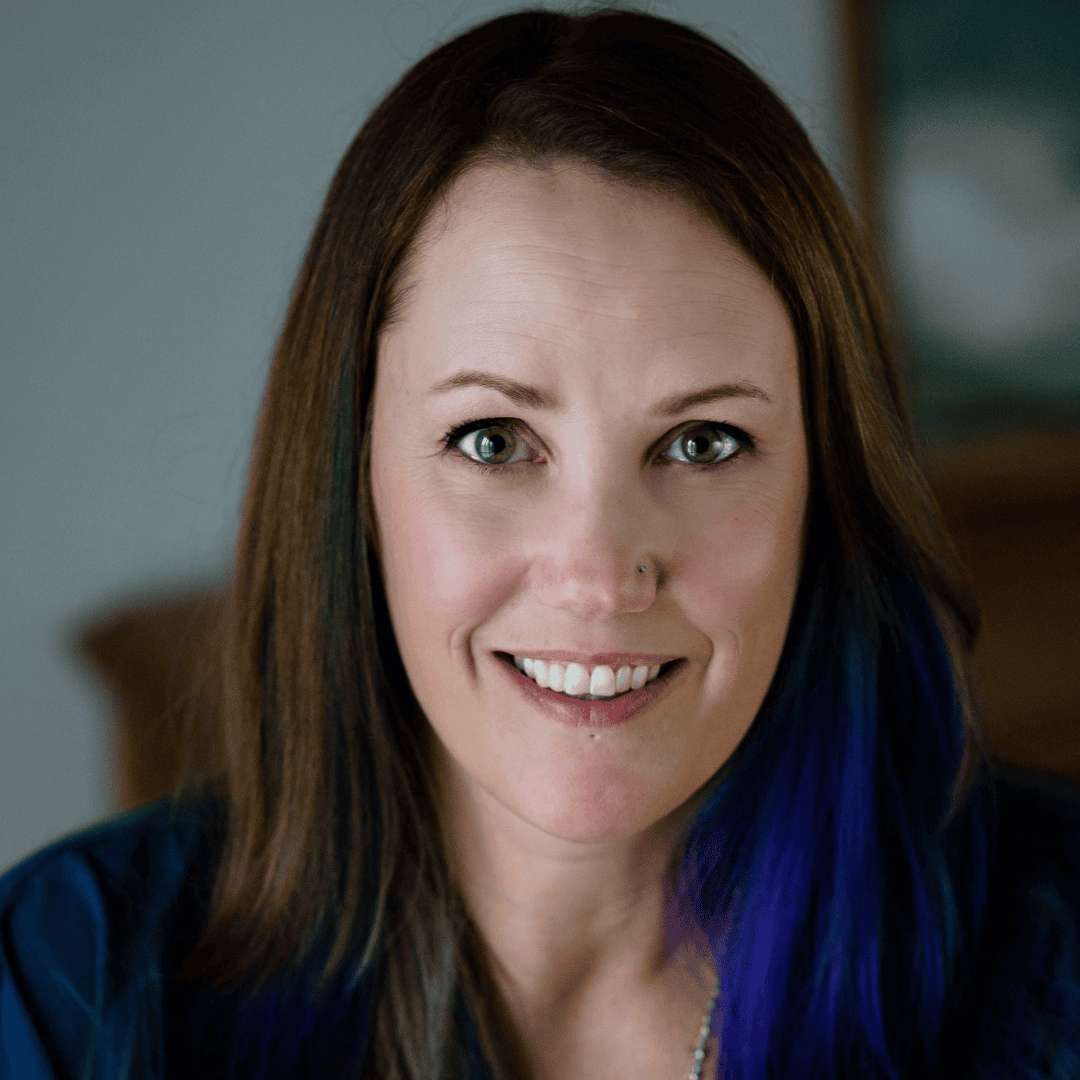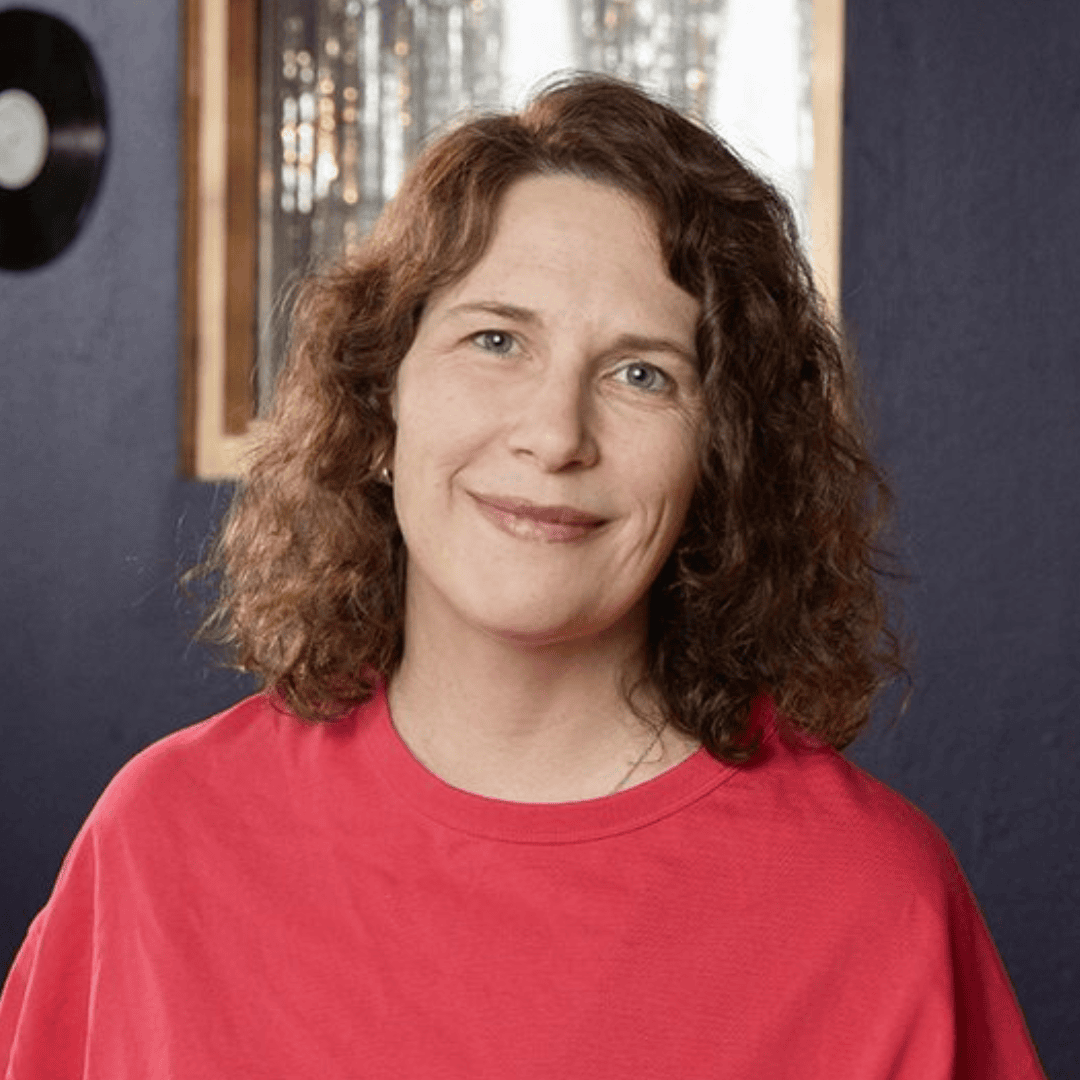Publisher Candidates
The SOCAN Board of Directors is comprised exclusively of SOCAN members. They are elected by and accountable to its members. The Board is responsible for working with the SOCAN leadership team to set and manage the strategic plan for the company, approval of budgets and working with the CEO to develop, implement and monitor policy that allows SOCAN to carry out its work.
Meet the candidates below.


Meet the Candidates
Chung Ricardo
Warner Chappell Music Canada
(EAST)
Denis Jean-François
ymx média
(QC, FR)
Eligh Amy
Arts & Crafts/ Gallery AC
(EAST)
Link Cheryl
peermusic Canada Inc.
(EAST)
Pandya Sandy
Arthaus Media Inc.
(EAST)
Quilico David
Sony Music Publishing Canada
(EAST)






